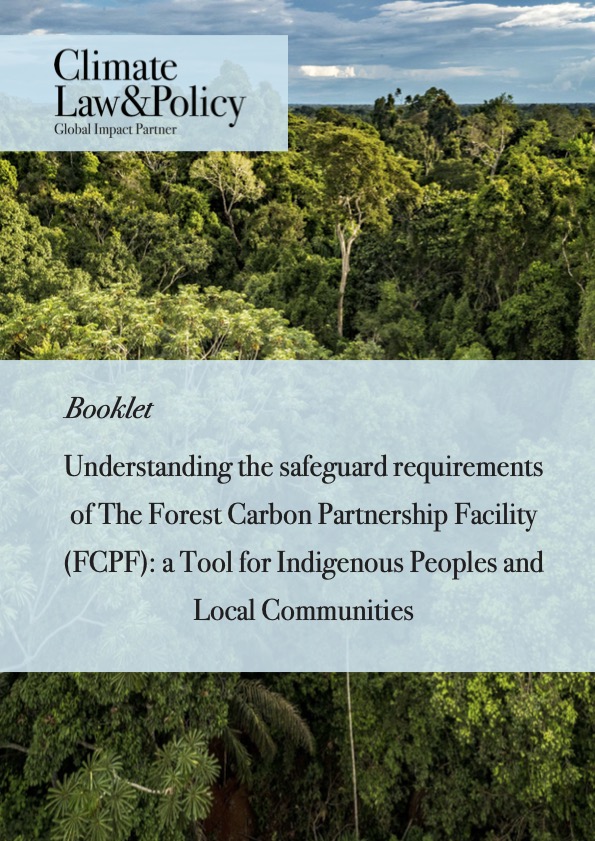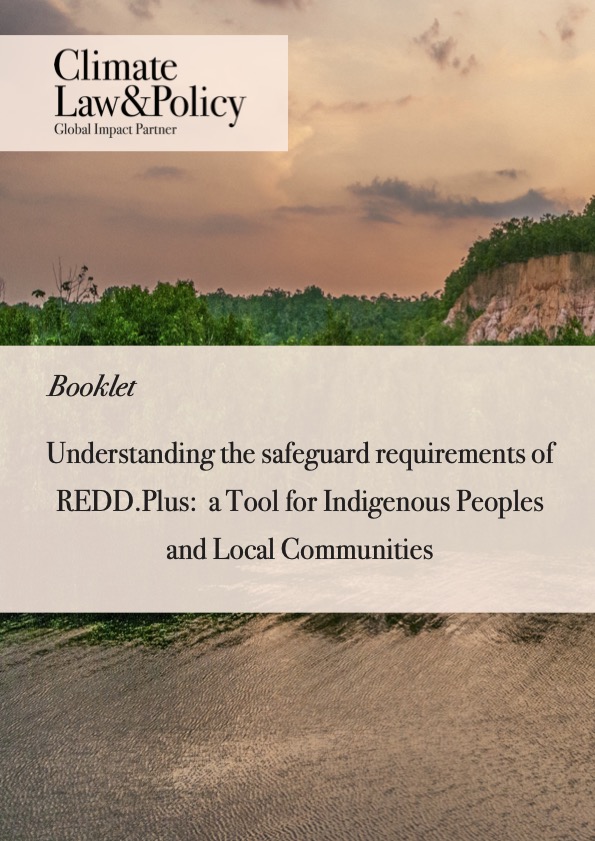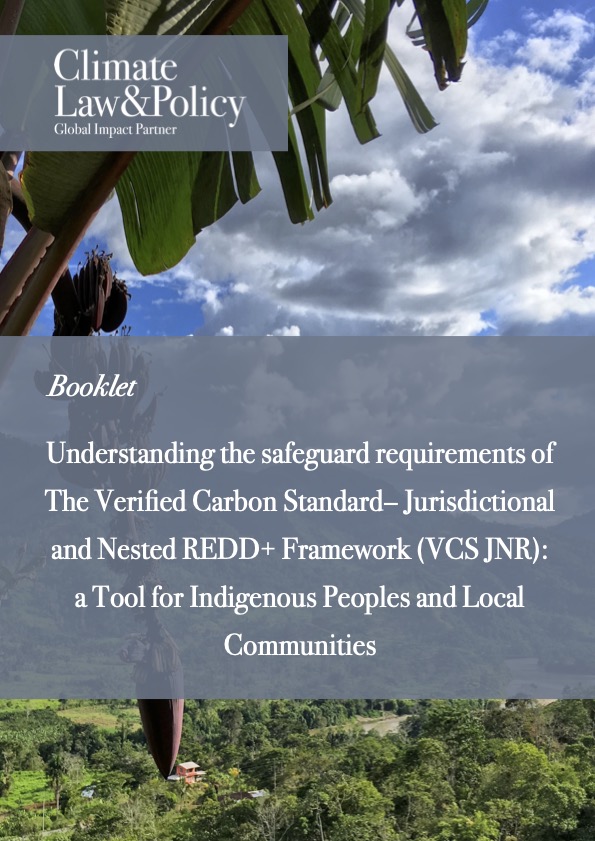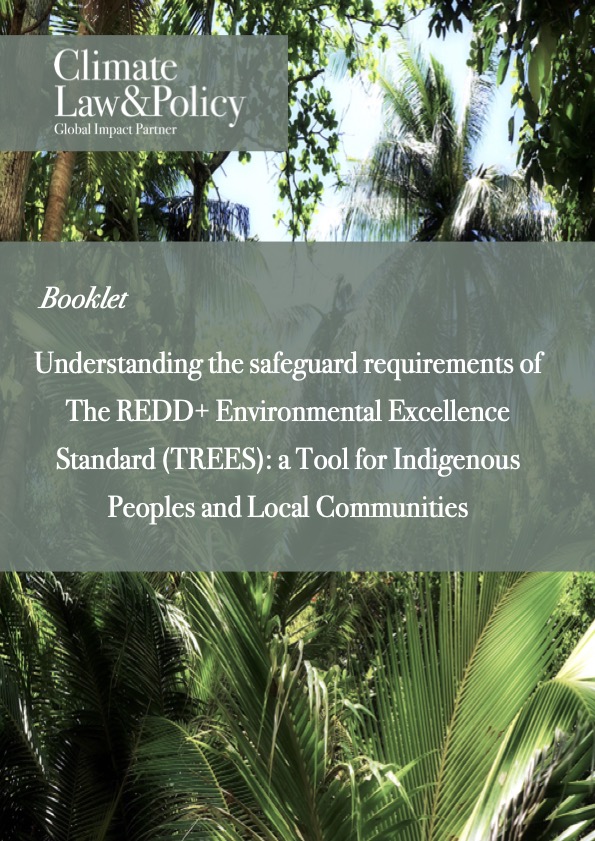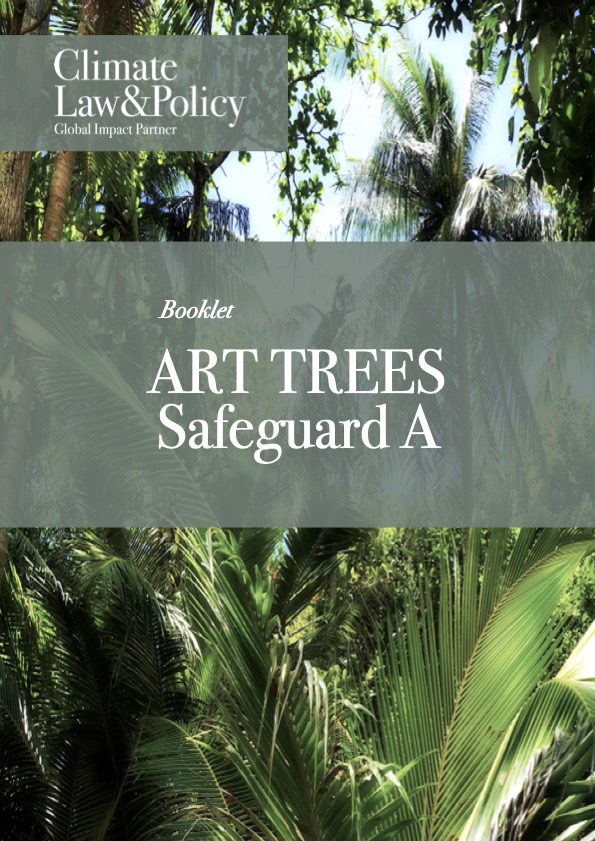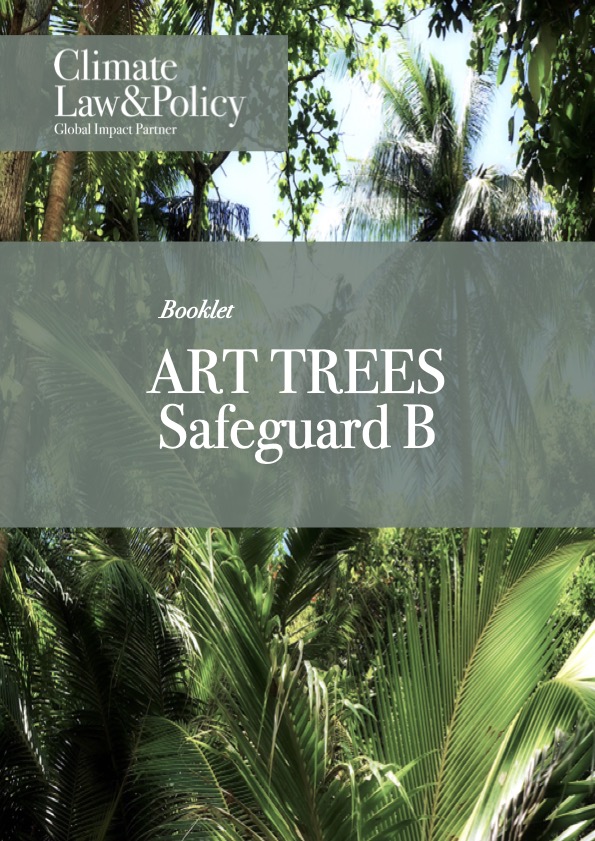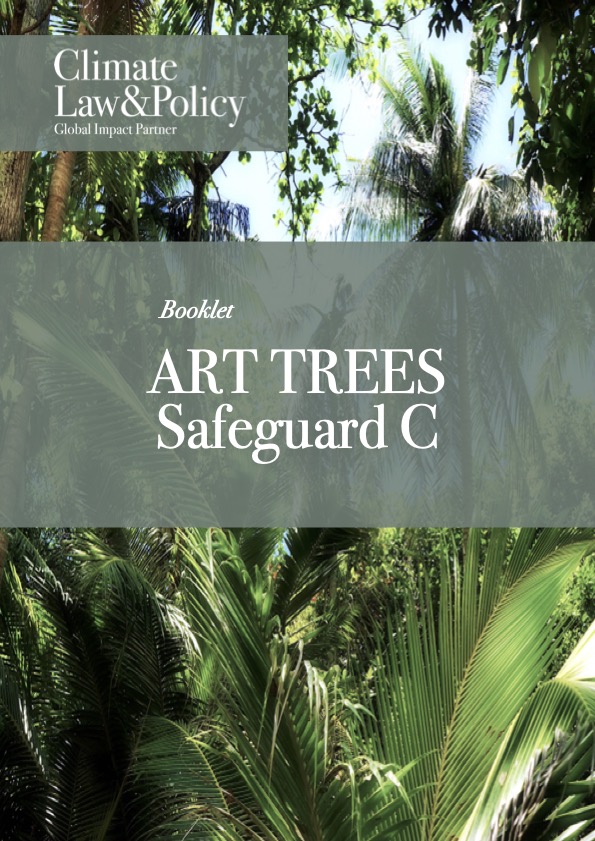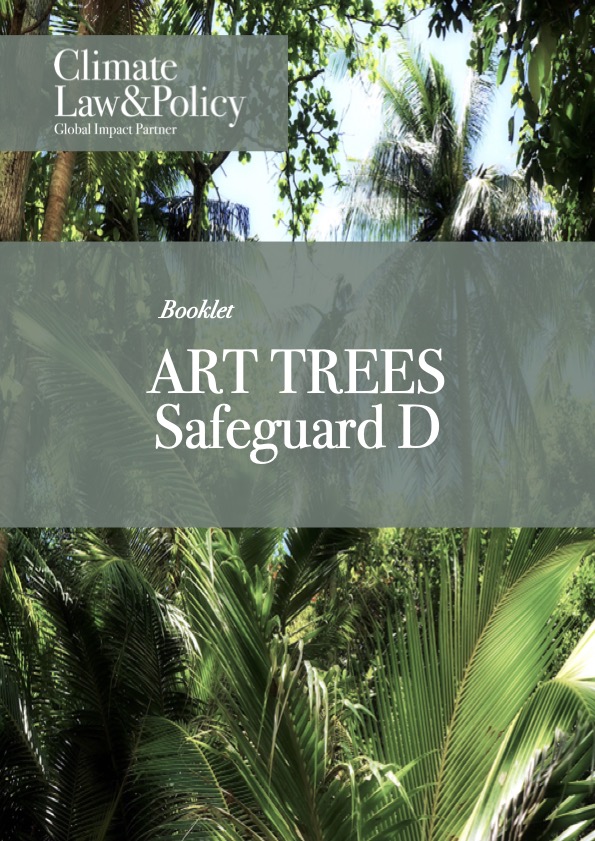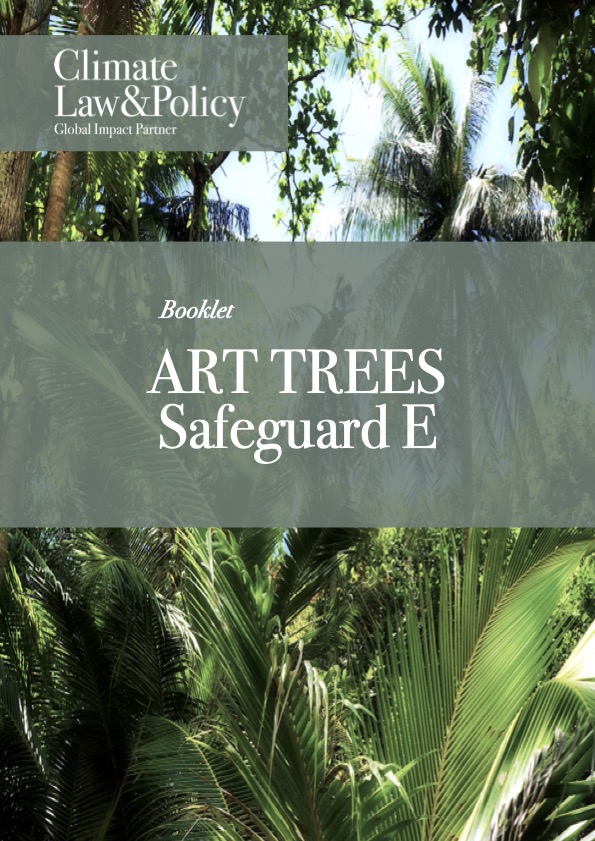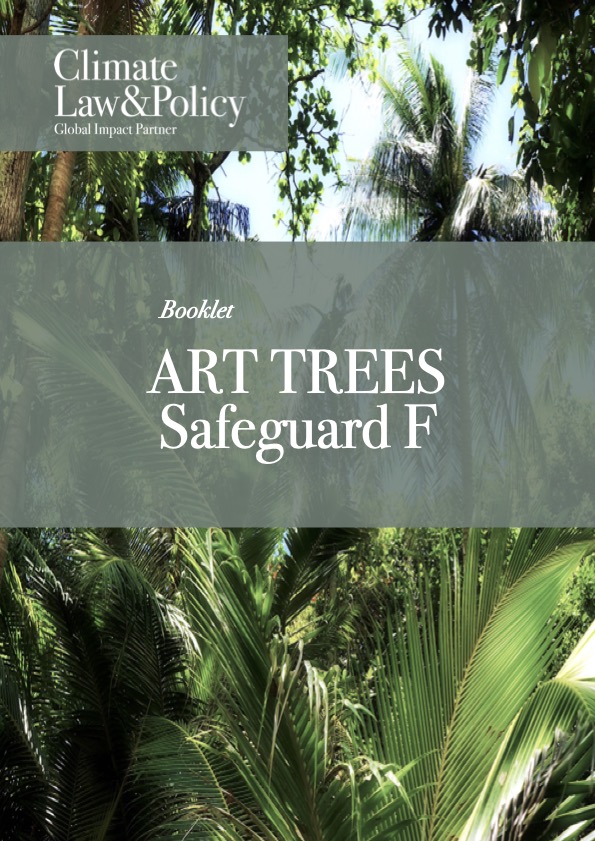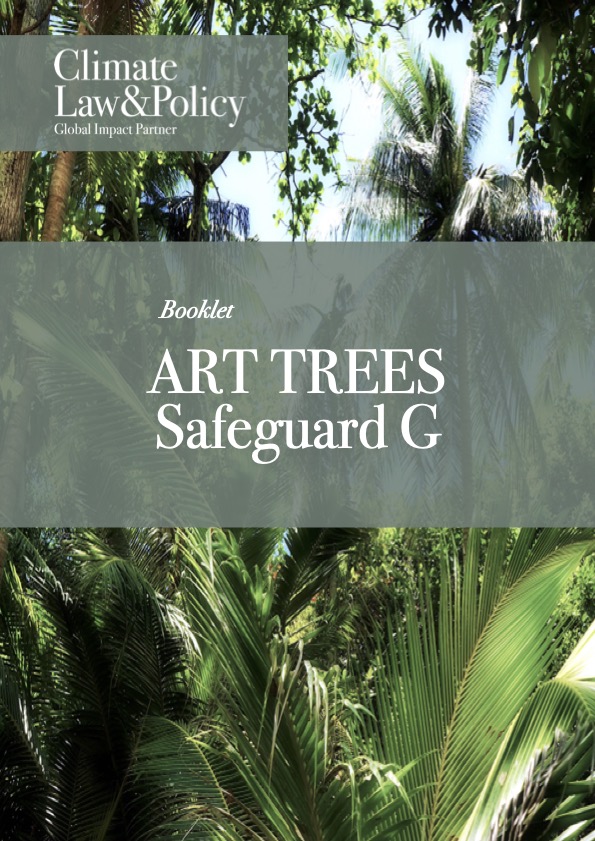Technical analyses to support indigenous peoples’ and local communities’ engagement in voluntary carbon market standards
The voluntary carbon market is quickly evolving in tropical forests around the world. It is creating a complex landscape of new actors, standards, and requirements for Indigenous peoples and local communities to navigate in order to protect their rights. To support communities, their organizations, and their leaders, Rainforest Foundation US commissioned Climate Law and Policy to develop a set of analyses that break down the safeguard-related requirements.
The standards covered in these materials include: Forest Carbon Partnership Facility (FCPF)’s Methodological Framework, REDD.Plus, the Verified Carbon Standard Jurisdictional and Nested Framework (VCS JNR), and ART’s The REDD+ Environmental Excellency Standard (TREES). The TREES booklet also contains seven sub-booklets relating to its specific requirements and approach to each of the Cancun Safeguards.
Click on the thumbnails to access the complete analyses:

